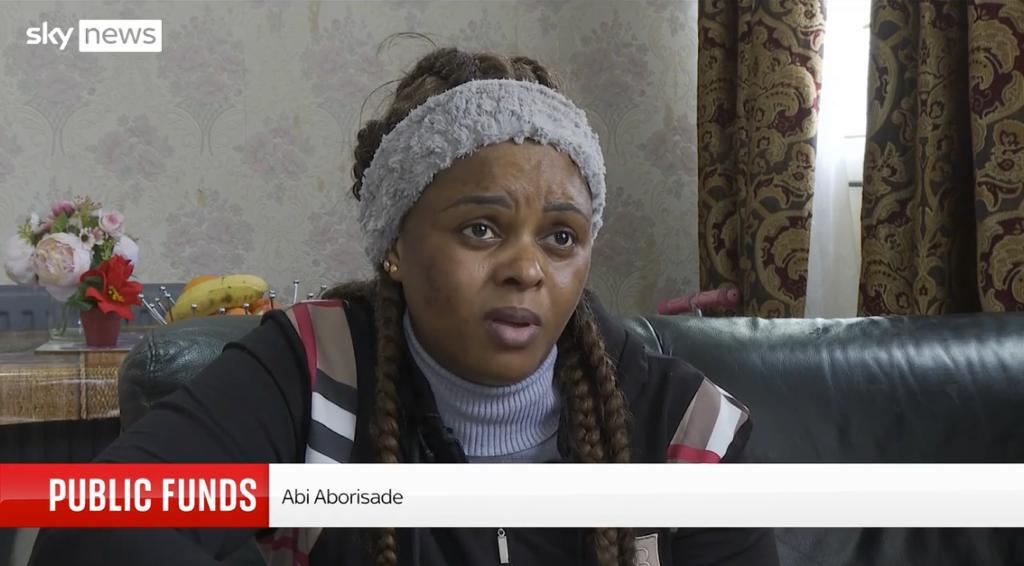|
2/3/2023 Press Release: Government again admits its ‘No Recourse to Public Funds’ (NRPF) policy is unlawfulRead Now Breaking: Government again admits its 'no recourse to public funds' (NRPF) policy is unlawful
The individual applicants in this case needed public funds to supplement their income because of their or their family members’ disabilities, but the government imposed an NRPF condition and failed to adequately consider their disability-related needs. Romoke Kehinde Ali, who brought the claim is a 55-year-old woman was left unable to continue working as a care assistant after suffering a stroke. The other claimant is the parent of a disabled child who can only work limited hours. Sky Sadly their unjust treatment is far from unique. Take RAMFEL’s client Mercy – a mother of 4 with a 9-year-old son with cerebral palsy – who risked being plunged into poverty after the government suddenly removed all access to public funds, without explanation. Shortly before the hearing, the government conceded that its guidance, and the immigration rules themselves, are unlawful, as they do not comply with the Equality Act, and fail to make it clear that disabled people can be allowed access to public funds even if they are not destitute or imminently destitute. On 15th February 2023 a High Court order was approved, and the immigration rules and guidance must now be amended. Until that happens, if anyone with a disability requiring public funds is told that they cannot access public funds, that decision is likely to be unlawful. We don’t know how many people have been harmed by the government’s existing, unlawful policy. In 2021, 118,100 people were given leave to remain in the UK subject to having no recourse to public funds. However, despite admitting in 2020 that its NRPF policy risked discriminating against disabled people, the government maintained a cruel and inflexible approach towards those people for 3 more years. This is the latest in a long line of defeats for the NRPF scheme and the hostile environment policy more broadly. DPG solicitors, who acted in this case, last year recorded that the NRPF policy had been found to be unlawful four times in the last four years. In 2020, the government published an assessment of the NRPF policy’s compliance with their Public Sector Equality Duty, and acknowledged a risk that disabled people could be discriminated against, stating that they would monitor the impact. The government does not appear to have done that, failing to provide any information about this issue in response to RAMFEL’s Parliamentary Questions and Freedom of Information Requests. Having acknowledged and then ignored the risks, it is little surprise that the government is now forced to concede the unlawfulness of its approach. RAMFEL’s head of campaigns, Nick Beales, said: “The NRPF policy has caused untold harm for the past decade. Public funds are a vital safety net for everyone, even more so during the current cost of living crisis. The fact that the government has been consistently denying that to some of the most vulnerable people in our society, namely people with disabilities, is utterly shameful. We are pleased to have contributed to the case that will end this pernicious practice, and hope the government will now swiftly update its NRPF guidance to better protect disabled people.” Comments are closed.
|
Details
Archives
July 2024
Categories |


 RSS Feed
RSS Feed
